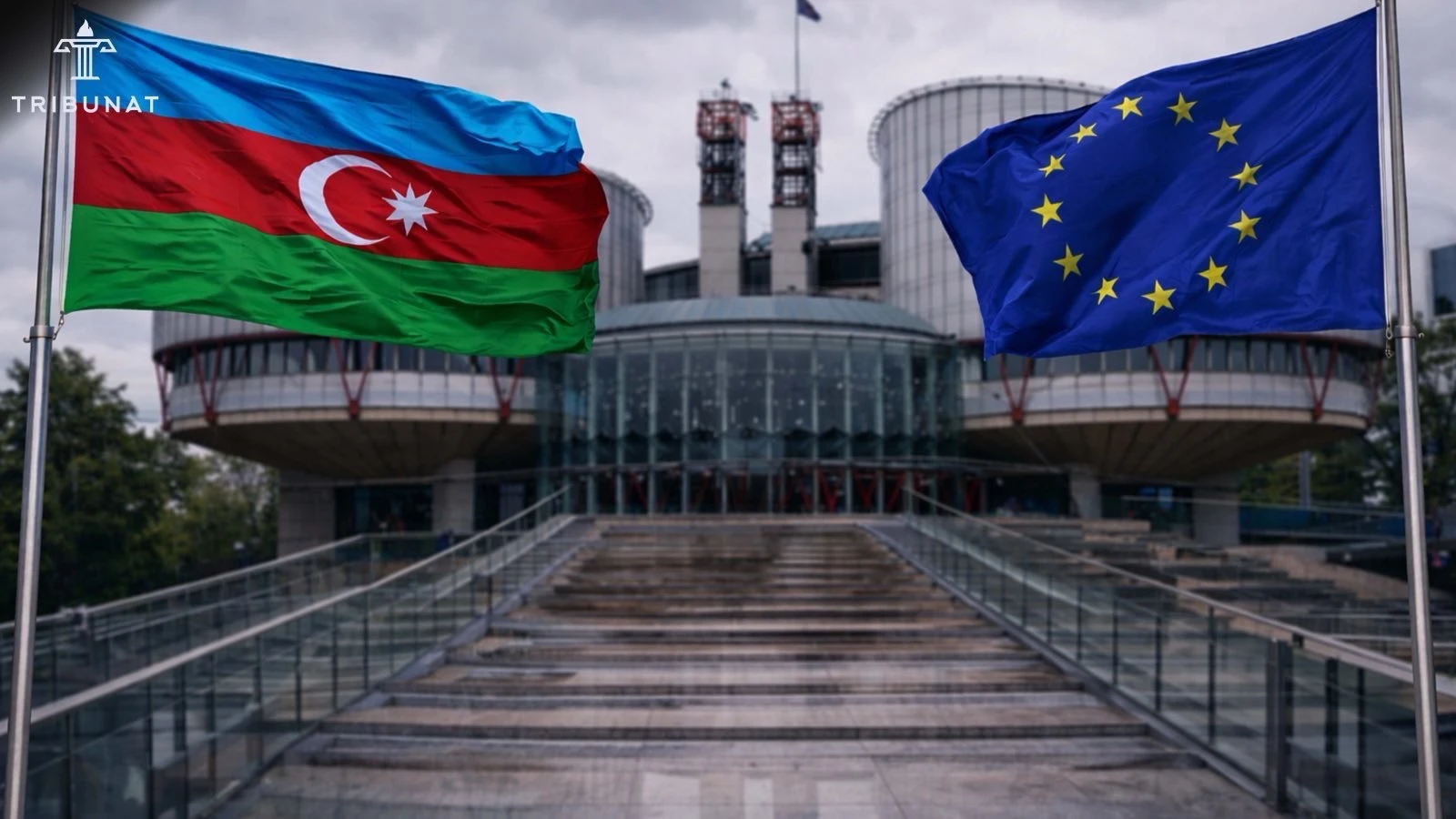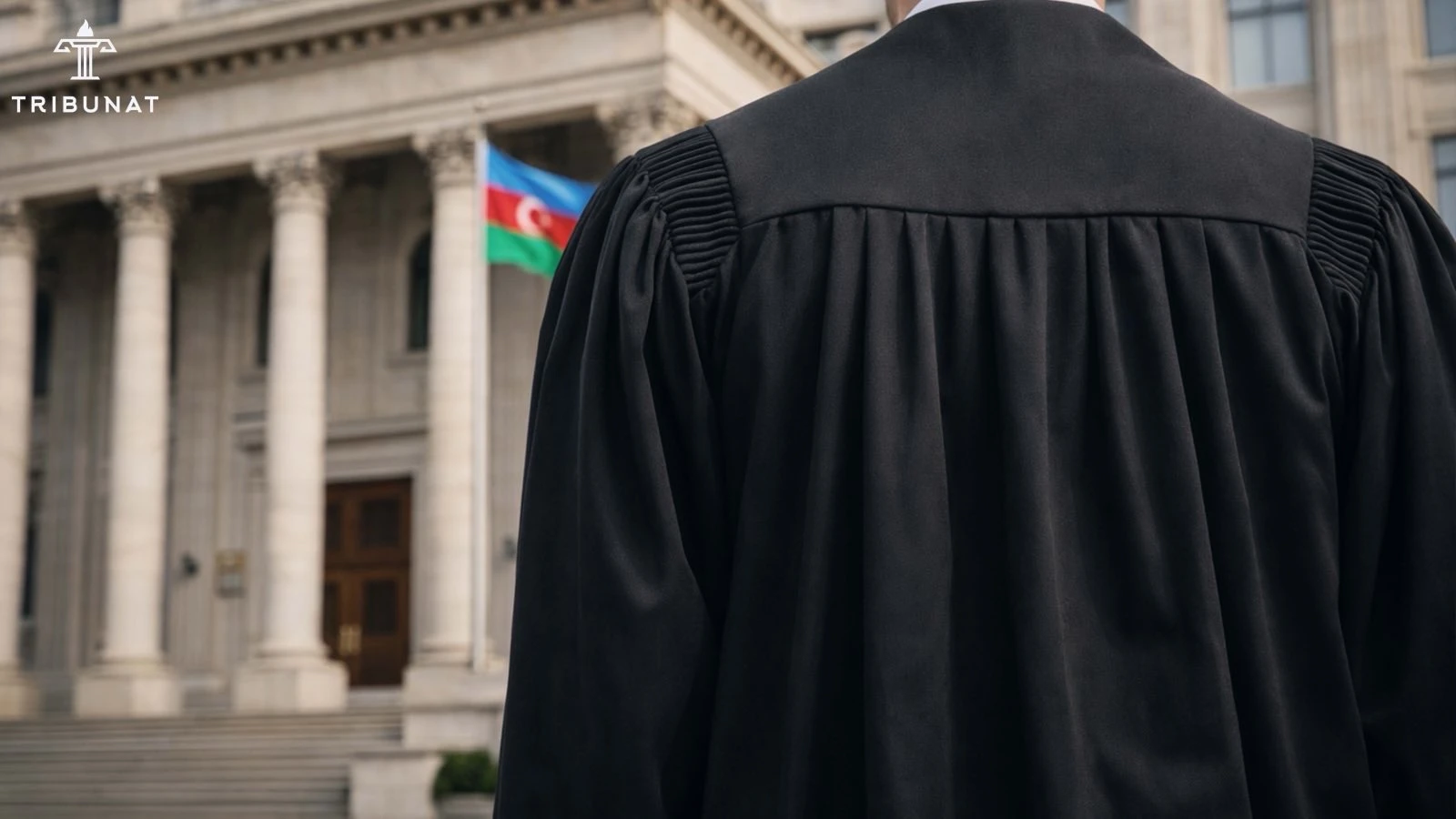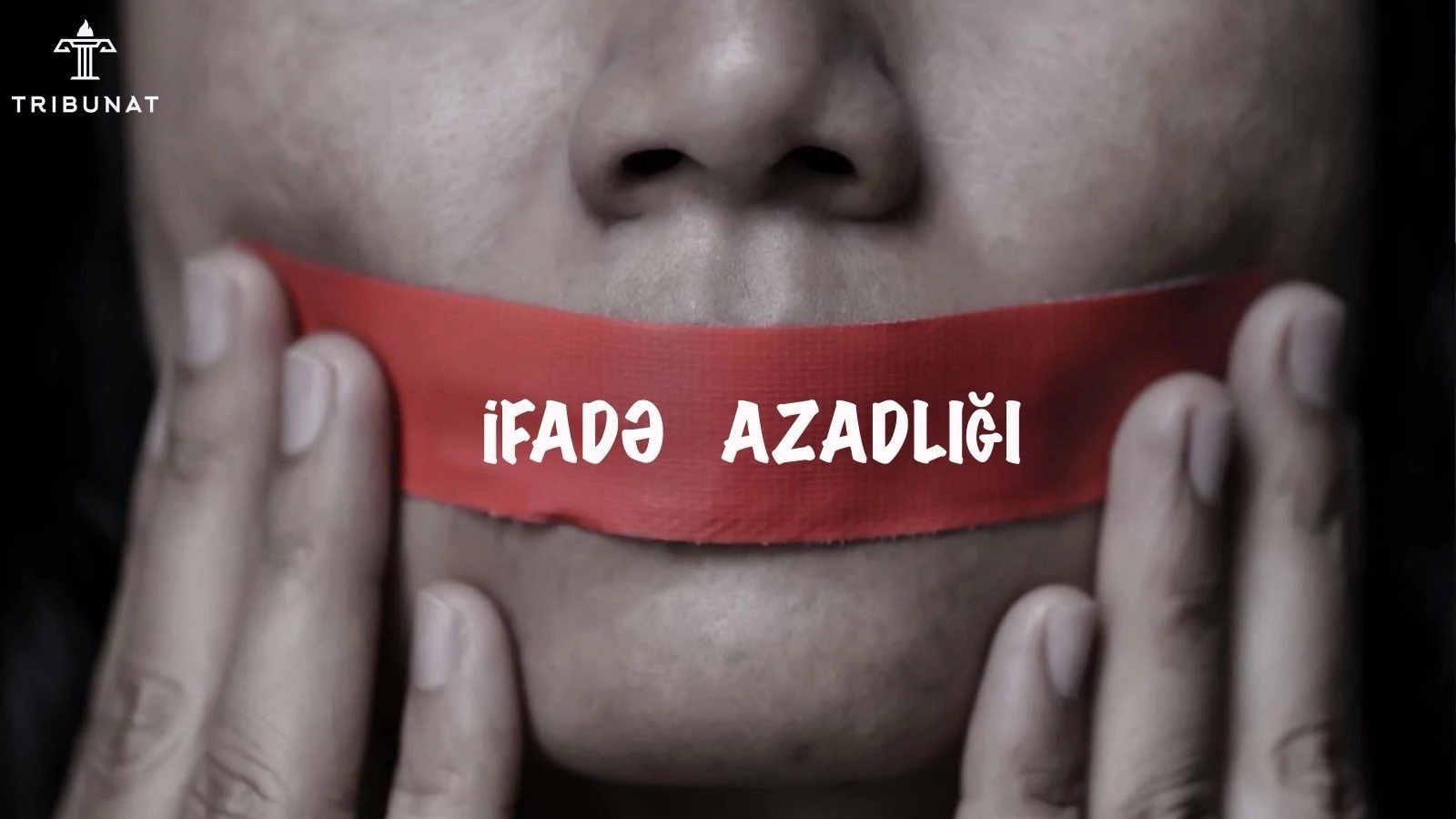Since the end of last year, citizens' dissatisfaction and public panic have been observed in the country regarding doctors working with fraudlent diplomas. Specifically, such accusations were towards doctors working in the field of plastic surgery; they were accused of incompetence and impairing patients. The discussion was widespread in social networks, and complaints addressed to relevant state bodies inevitably led to a reaction. The Ministry of Health announced that an investigation would be conducted into doctors with sham diplomas and that the Prosecutor General's Office had been informed.
Plastic surgery in Azerbaijan is becoming a risky area for both practitioners and patients. News about patients who died during plastic and aesthetic surgery periodically flashed up the headlines. Even though there is no accurate date on subject matter, according to journalists' calculations, at least 7 such incidents have occurred in the last 3 years. This is only a piece of data reflecting the deaths of patients on the operating table, the number of citizens who received various injuries is much higher. The situation has even reached the point of celebrities facing such problems. For example, People's Artist of the Republic of Azerbaijan, Flora Karimova lost her sight in one eye as a result of surgery.
Alleged misconduct of plastic and aesthetic surgeons often leads to the actions of law enforcement agencies and litigations. For instance, at the beginning of this year, a specialist who performed an aesthetic operation that resulted in the death of a patient was indicted under Article 314.2 of the Criminal Code (malpractice, on imprudence and entailed death of the victim or other severe consequences). After the accusations of plastic surgeons' incompetence were made public, the license of the surgeon who performed Flora Karimova's operation, and in general, about 10 plastic surgeons, were revoked in February of this year. An advocate providing an insight on the legal approach to unsuccessful plastic and aesthetic operations states that in this case, the rights of a citizen as a consumer have been breached and the patient can demand that the specialist be held both civilly and criminally liable under Article 314 of the Criminal Code (malpractice).
"Tribunat" investigated the causes of problems in the field of plastic surgery.
Article 41 of the Constitution of the Republic of Azerbaijan declares that everyone has the right to health protection and to receive medical assistance. The same article puts forward the existence of the state and non-state healthcare sectors, the obligation of the state to take necessary measures for the development of all types of healthcare, to ensure sanitary and epidemiological safety, and to create opportunities for various types of medical insurance.
The key question to be investigated is as follows: How are doctors employed?
Accordingly, one should look at the statutes regulating the healthcare industry. Article 46 of the Law “On Protection of Public Health” deals with the conditions for medical occupation. Such activities can be carried out by persons who have studied at higher or secondary specialized medical institutions, specialists with a relevant diploma or special rank. The law requires the presence of higher medical education. The performance of work and provision of services outside their direct specialization in public and private enterprises is prohibited.
Vis-à-vis plastic surgeons, the legislative requirement for medical education stipulates that individuals must have basic (higher) medical education and a clinical residency in the relevant domain, “Plastic, reconstructive and aesthetic surgery”. As stated by experts, the reason for the high number of unqualified plastic surgeons is the use of alternative documents instead of documents confirming the competence of medical workers. These alternative documents are mainly skills development or introductory trainings in plastic and aesthetic surgery; according to experts and arrangers, such courses are not sufficient for participants to practice surgery of above mentioned categories.
Claims by patients reveal that such doctors are mostly occupied in private medical institutions. How come?
From the joint press release by the Ministry of Health and the Prosecutor General's Office, it can be concluded that the emergence of mock plastic surgeons occurs through "changing the specialties of doctors, granting them permission to take certification exams granting the right to engage in medical or pharmaceutical activities, including plastic surgery, providing them with relevant certificates with a false satisfactory assessment," and other ways. One of the other steps taken at the stage after this investigation was the cancellation of certification certificates allowing plastic surgeons to engage in medical practice. The Analytical Expertise Center, which exercises state control over medical policy under the Ministry of Health, drew up 67 protocols for various infringements in the field of plastic surgery only in 2024. The violations mainly concern breaches of the Code of Administrative Offenses in the field of unlicensed private medical activities and violation of citizens' rights in the field of medical assistance. Furthermore, persons engaged in such private medical activities are also indicted with illegal entrepreneurship.
In accordance with the Law “On Protection of Public Health”, persons engaged in medical practice are subject to certification once every five years. This certification is carried out by the Ministry of Health, and certification is the main document confirming the competence of medical practice following graduation from relevant educational institutions. The failure to pass certification for medical workers working in the non-state sector, despite their licensed activity, serves as a basis for the suspension of their occupation. As for licenses, such special permission is issued for a period of 3 years for private practitioners, and the requirements for medical education are matching. The Ministry of Health exercises control over licenses.
Another factor that has paved the way for the upsurge in the numbers of fraudulent plastic surgeons is the rules for swapping the specializations of medical specialists. Article 48 of the Law “On Protection of Public Health” allows changing specializations “only following completion of professional training at a fitting educational institution and certification in accordance with the legislation.” The lack of comprehensive regulation of altering specializations leads to the cases of misconduct. Medical specialists are involved in professional training in a field different from the area of expertise they studied, and resultantly they exercise the right to work in the relevant sphere.
The Ministry of Health itself indirectly acknowledged the existence of such a problem and, despite the fact that certification has been in place since 2011, only in 2024, by appropriate Order, did it prohibit “the admission of medical specialists to advanced training and professional training courses in a field other than the one specified in the educational diploma.” The same Order also notes that due to amendments in the rules for attaining a new domain for medical workers, the aforementioned Article 48 has lost its relevance. However, at the time of publication, no practical steps have been taken to implement the relevant modifications to the legislation.
How this problem could be solved?
Taking aforementioned into consideration, it can be concluded that the existence of incompetent medical specialists is conditioned by several features: corruption, gaps in the legislation and administrative impediments, lack of openness and transparency. Cases of corruption were noted in a joint report of the Prosecutor General's Office and the Ministry of Health; in connection with sham surgeons, the head of the Human Resources, Science and Education Department of the Ministry of Health, and the head of the accreditation department of the Public Health and Reforms Center under the auspices of the same Ministry were brought to criminal liability. According to publicly available information, charges were brought against the accused, and based on the motion of the investigative body and the presentation of the prosecutor conducting the procedural management of the preliminary investigation, preventive measures in the form of house arrest (main) and dismissal from office (additional) were selected by the decision of the Binagadi District Court.
In line with Transparency International's Corruption Perceptions Index for 2024, Azerbaijan is ranked 154th out of 180 countries. Gaps in legislation and administrative obstructions allow various dealers to abuse its position. These cases are mainly observed in connection with the alteration of domains of medical specialists. Then again, such gaps are clearly observed in the Law of the Republic of Azerbaijan "On Private Medical Activity". Despite being one of the main legislative acts regulating the non-state healthcare sector, neither the aforementioned law nor the related regulatory acts contain a mechanism for regular monitoring of such private medical enterprises. The statements provided by the Analytical Expertise Center create the impression that the inspections carried out are spontaneous; they are either carried out unplanned or occur based on numerous complaints. Therefore, the development of monitoring mechanisms for private medical activity is vital to solve the emerging systematic problems.
Last but not the least, the administrative shortcomings are closely related to the lack of openness and transparency. According to Article 46 of the Law “On Protection of Public Health”, a state register of persons entitled to engage in medical and pharmaceutical activities is maintained. While, according to the by-laws on the implementation of the law, the Management Union of Medical Territorial Units (abbreviated as TABIB in Azerbaijani – red.) is engaged in retaining the register, according to the Regulations of the Ministry of Health, the Ministry is also bearing responsibility. Despite this conflict, the register is still not accessible. At large, despite the fact that TABIB is mainly engaged in the administrative of state-funded medical institutions and does not have any duties and obligations related to the regulation of private medical activities, some of its authorities in the field of healthcare policy overlap with the Ministry of Health. The existence of such administrative fragmentation is one of the factors that complicate the implementation of a unified healthcare policy and inspection over the quality of medical services. In order to overcome this issue, it is important to further specify the duties and responsibilities of both institutions in order to ensure their operational autonomy. The open and transparent functioning of an above mentioned registry and its availability for the general public can help citizens in choosing medical specialists. Conversely, the failure of disclosure to the public the results of the investigation into the professional suitability of plastic and aesthetic surgeons also begs the question of the level of implementation of the struggle against fraudsters. One of the initial steps taken in this direction can be positively assessed. The Special Inspection Commission established in the Ministry of Health on the relevant issue and consisting of authorized representatives of the Prosecutor General's Office, the Ministry of Internal Affairs and the Ministry of Science and Education has published the List of medical specialists allowed to practice plastic surgery. According to media outlets, almost half of the 82 specialists - 40 - failed the inspection.
In this vein, mechanisms of prevention for occupation of sham medical specialists in functioning in foreign countries can be inspected – open registers and peer review may become useful. The example of open registers can be observed in neighboring Georgia. Hence, it is feasible to inspect licenses of medical professionals in a register integrated to the official web resource of the Ministry of Health of the Republic of Georgia. Peer review is utilized in Germany, the legislation instructs the obligation of medical professionals to partake in quality assurance procedures implemented by fellow professionals. Primarily, quality assurance is implemented by trade union and its results are officially published in order to ensure a progress-oriented approach to the competence of medical workers.
Unless such systemic problems are addressed, citizens' trust in healthcare will continue to deteriorate and patients' interests will last to be undermined.






